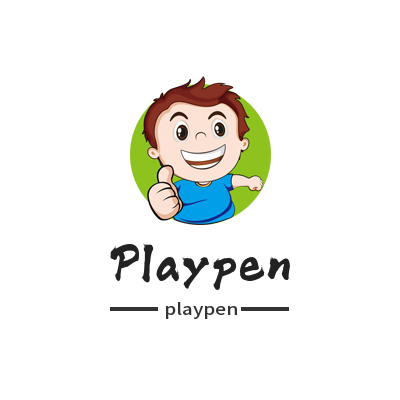In the baby playpen, parents and babies can play a series of interactive games to enhance the parent-child relationship, promote the baby's development and provide entertainment. Here are some games that are suitable for playing in a fenced area:
Peek-a-boo: Cover your face with a towel, cloth, or hands, then suddenly reveal it and say "Peek-a-boo!" Your baby will be surprised and try to uncover the cover or imitate your actions. This game can exercise your baby's attention and perception skills.
Singing and Dancing: Sing your baby's favorite songs and dance with your baby to the music and rhythm. You can use gestures, expressions, and body movements to capture your baby's attention and get them involved in the music and movement.
Storytelling: Use picture books or simple story cards to tell your baby a story in the playpen. You can use vivid language to describe the scenes in the pictures or cards, and share the characters and plot of the story with your baby. This game can promote baby's language and imagination development.

Sensory Play: Provide some sensory stimulation toys or materials in the enclosure, such as sand, water, stuffing, soft cloth, etc. Let your baby touch, explore and experience different textures and sensations. You can describe their feel, color, and shape and play with your baby.
Object Exploration: Place some safe everyday objects in the fence, such as plastic containers, wooden blocks, bells, etc. Let your baby feel free to touch, grab, play with and explore these items. This game can exercise your baby's hand-eye coordination and cognitive abilities.
Ball Rolling: Play ball rolling in the playpen using a ball of the right size and material for your baby. You can roll the ball to your baby, or place it in a playpen and let your baby push it. This game can promote your baby's motor skills and eye-hand coordination.
Imitation (imitation game): Imitate your baby's movements and sounds to make your baby feel your closeness and attention. You can do some simple actions, such as clapping, shaking your head, waving, etc., to encourage your baby to imitate your actions. This game can promote your baby's social and communication skills.
Always keep your baby safe and interact closely with them while engaging in these games. According to the baby's interests and abilities, appropriately adjust the difficulty and interaction methods of the game. Remember, the purpose of play is to provide fun and promote your baby's development.

